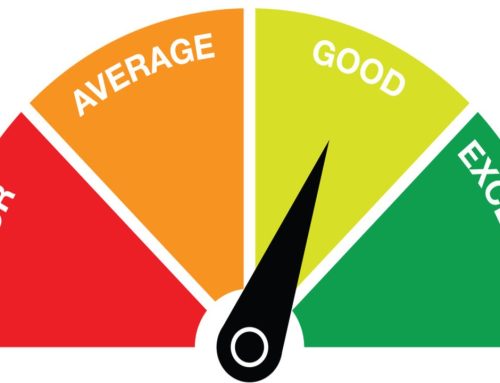
Often people are unaware their partner is generating defaults on their credit rating until it is too late. They apply for credit in their own right and are unable to proceed due to debts and bad credit their partner has initiated while they are together.
Often we hear from clients “I’m not sure how this happened – how can I be responsible for something my partner did?” Unfortunately when couples go into joint debt, both credit files are at risk if repayments aren’t made.
So how do people protect themselves, their assets and their good credit rating, BEFORE they marry or move in together?
Recently savingsguide.com.au looked into this issue in their post ‘The Debt Affair: When your partner is hiding debt’.
They talk about establishing financial boundaries when people are new in a relationship. The article talks about the signs to watch out for when people suspect their partner is hiding debt.
Some of those include:
-Assume that the truth may be stretched when it comes to money
-Often money problems can be a result of another issue: stress, addiction, self-esteem.
-Discussing money is taboo
-Do their spending patterns show they spend more than they have?
-Ask for full disclosure
People should remember that relationships in their new stage are some of the most exciting times in our lives. But when it comes to taking the next step and moving in together, everyone should ask about their partner’s financial past.
Otherwise they may be forced to suffer with a bad credit rating due to mistakes made by partners – past or present.
Bad credit is such a phenomenal problem in this day and age, with lots of people living beyond their means and creditors eager to issue defaults.
Many people come unstuck by not asking the tough financial questions about their prospective partners early in the relationship.
People should sit down together before any ties are made and discussing what financial position the other is in. Ask whether they have any debt; talk about paying bills; get a general feel for how this person regards money and finances. If they appear too blasé about money, this should ring alarm bells. It may not mean the relationship needs to end, but it should mean you keep finances separate for a significant period of time. You could also suggest getting a copy of your credit files to see if there are any blemishes.
A credit file is compiled on any person who has ever been ‘credit active’. It lists personal details like name and address, but also any times the person has applied for credit, any defaults (overdue accounts), court judgements, writs and bankruptcies.
Prospective partners can request a copy of their credit file for free from the major credit reporting agencies – Veda Advantage, Dun & Bradstreet or Tasmanian Collection Services (if you are Tasmanian) and Experian. This will be provided within 10 working days.
Any black marks on a person’s credit file remains on their file for 5 years and can greatly hinder a person’s chances of receiving further credit.
A bad credit rating sticks. Most clients find they are black listed from credit for a five year period following a default on their record. Even having too many credit enquiries or a default from a simple unpaid phone bill can be enough to be refused a home loan with most lenders in the current economic climate.
My CRA Credit Repairs has some tips for people entering into a new ‘financial’ relationship:
•When you enter into any financial agreement with another person – don’t bury your head in the sand when it comes to the repayments. Regularly check your statements and bills so you can catch problems early.
•Be aware that as high as emotions can run, they can also get just as low. Your financial generosity now could become the very thing that is used against you if the relationship sours. Consider carefully how secure you would be in each transaction if things did take a turn for the worse.
•Consider keeping some things separate. Just because you have bought a home together doesn’t mean you can’t keep other bank accounts, credit card and previous homes in your name only.
•Get a copy of your credit file regularly. This will notify you of any problems before you apply for credit in the future.
Contact MyCRA Credit Repairs on 1300 667 218 for help with credit repair.
Image: photostock/ FreeDigitalPhotos.net





Leave A Comment